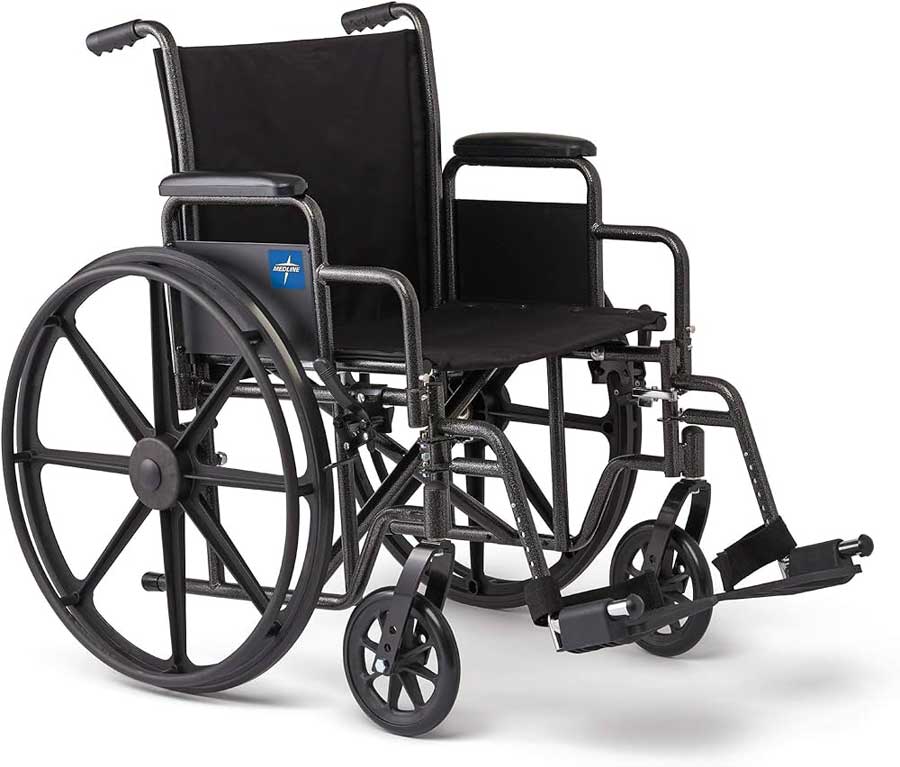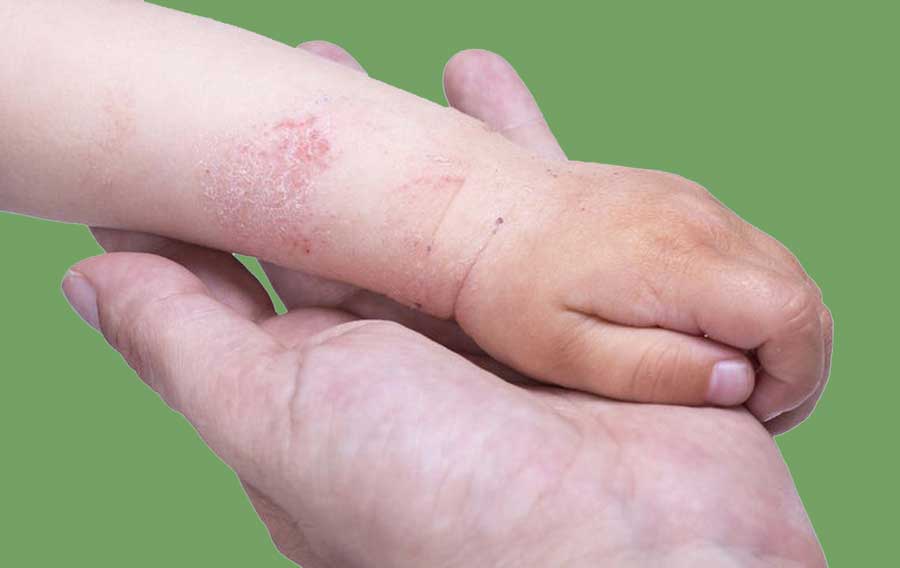What is Creatine? This is a sports and nutritional supplement. Most say that taking Creatine supplements can cause hair loss. Is this true or is this just hearsay.
In fact, this supplement does not cause hair loss directly. However, it has something to do with this because taking creatine can cause or affect the hormones that cause hair loss.
Keep reading this article about creatine. Here will explain about creatine, its benefits and side effects based on science.
Creatine and hair loss relationship
To argue that creatine supplements cause hair loss are few sources. The fact is that the evidence related to this is anecdotal. The opinion that creatine causes hair loss stems from people’s personal testimonies and experiences and not scientific support.
However, a 2009 study said college-age rugby players found an increase in hormones associated with hair loss after a long period (3 weeks) of taking creatine supplements. This hormone is dihydrotestosterone (DHT).
Creatine and dihydrotestosterone (DHT) levels
DHT is a hormone derived from another hormone known as testosterone. DHT is also a hormone that is more potent than testosterone.
How the DHT hormone is related to hair loss
Hair grows at its roots which are called hair follicles. This follicle has its own growth phase. Hair growth is followed by a resting phase and after that hair growth appears.
DHT in its presence can bind to certain hormone receptors on hair follicles. Then the growth cycle is shorter and the hair becomes thinner and shorter. This little hair growth causes a lot of hair loss due to an imbalanced ratio of hair loss and growth or more hair loss.
Apart from that, someone’s hair loss is also influenced by heredity or genetics. AR, which is a variation in a gene, can increase the activity of hormone receptors found in hair follicles.
There is also research saying that the enzyme that converts testosterone to DHT is likely to be more active in people with hair loss.
Creatine’s relationship to hair loss
In a 2009 study of rugby players who took creatine supplements within 7 days of creatine loading. This is the time when high-level supplements are offered. This is then followed by a maintenance period of a lower creatine level.
In this study it was found that there was an increase in DHT by more than 50% during loading. And stay at a size of 40% during the maintenance period, and testosterone levels do not change. In this study, the researchers did not make any judgments on hair loss. So they can only observe the effect on hormone levels.
Increased DHT remains closely watched as it is associated with hair loss. If this increase occurs then it can cause risks, especially if you are genetically experiencing hair loss.
So how does creatine affect hair? So in this case a lot more research is needed, so we can make an assessment of DHT, whether its increase can affect hair loss or not.
What is creatine and how does it work
Creatine is a source of energy for body cells. Naturally, this substance is produced by the liver, kidneys and pancreas. You can also get creatine from foods such as those in red meat and in fish.
Creatine in the human body is stored in skeletal muscle as phosphocreatine. Later, this will be broken down by the body when we move or do physical activity and will become energy in muscle movement. Well, if you take creatine supplements, the presence of creatine in the muscles will increase, and the muscles will automatically get more energy.
That is why, there are some who are working hard or are in increasing muscle mass, they are taking this supplement. Creatine supplements are available in many forms, there are tablets, liquid, powder, and of course there are side effects and safety. What are the creatine side effects, let’s take a look at the following.
Side effects and safety
Before you try to use creatine, you must first know what are the side effects of this supplement. There are several side effects that may occur when you take creatine supplements. Let’s take a look at a more detailed explanation below of the adverse effects of creatine.
More: Fitness Supplement Benefits – Reviews Matter
More: Top 6 Calcium Supplement Side Effects
1. Water retention
One of the side effects of creatine is that it causes fluid retention in the body, so that users of this drug tend to gain weight. This can lead to risks such as dehydration and cramps. However, scientific research has not supported this concern.
2. Kidney’s concerns
There is also concern that creatine might damage the kidneys. A 2018 review found that creatine had no side effects on the kidneys of healthy people. However, if you have kidney-related problems, then you should stay away from this supplement.
3. Safe for adults
Creatine when compared to other supplements, it provides ergogenic benefits. If consumed with the right dose it will be safe from harm. Thus said the International Society of Sports Nutrition.
4. For teenagers, be careful with this supplement
For teenagers, taking creatine is still not sufficient testing and research. So, in this case every teenager is expected not to take this drug because there has not been adequate research.
However, some teenagers sometimes ingest creatine as a daily diet. So says healthline.com
So, in conclusion, you should consult your doctor if you want to take creatine, especially for teenagers.










